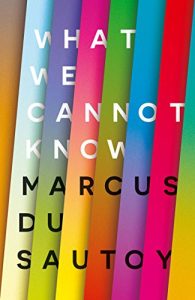The End of Quantum Reality: A Conversation with Wolfgang Smith
Wolfgang Smith [b 1930] is a nuclear physicist and mathematician who has also written on philosophy, religion, and metaphysics from the perspective of traditionalism or perennialism. As a young man, he spent two years in India and studied under Sw. Nikhilananda and also met Sri Anandamayi Ma. He took from the French philosopher René Guénon the idea of whole-s and how a (physical) whole is not just the sum of its infinitesimal parts – there is an Aristotelian substantial form inherent (in-forming) and causally related to the whole. A recent film about him (Wolfgang Smith) has recently been made: ‘The End of Quantum Mechanics’ (obviously all lay and not scientifically savvy people will not have a clue about what goes on in the discussions by several physicists in the film). Continue reading

